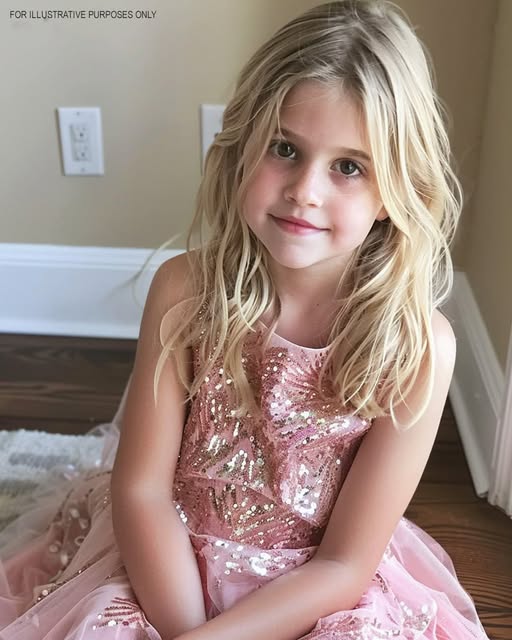
When my husband’s best friend, Brian, came over for a casual family dinner, I never imagined how much that evening would change our lives. By the next morning, our daughter stopped speaking. The silence stretched on, and as we unraveled the reasons behind it, we discovered a devastating betrayal that shattered her innocence.
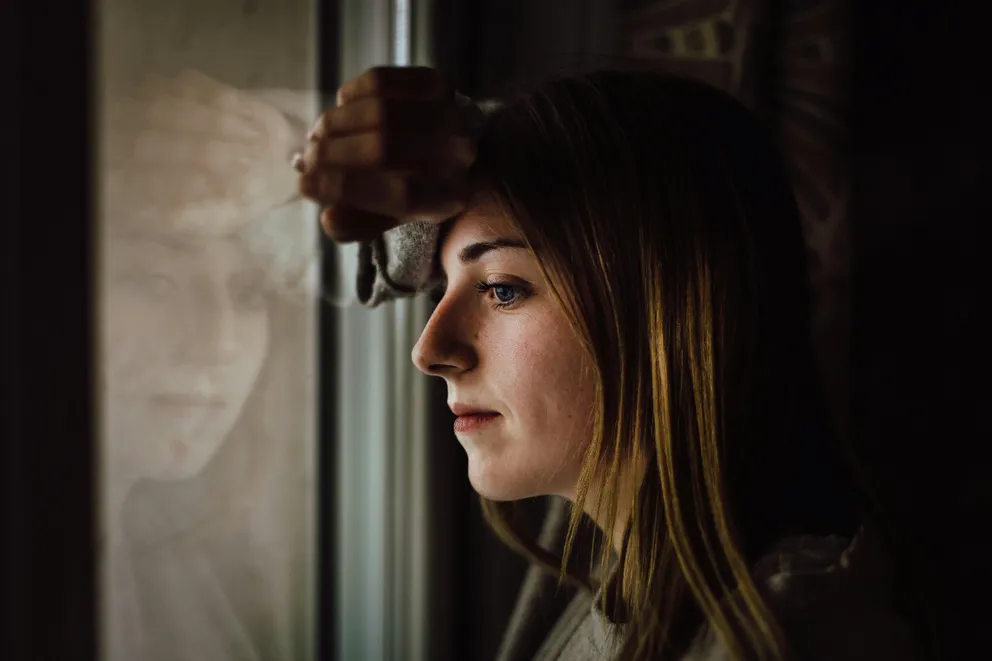
Even now, I struggle to make sense of it all. Maybe writing it down will help. Maybe someone will understand—or at least tell me I’m not losing my mind for feeling the way I do.
It all began with that family dinner. My husband, Tom, had invited Brian, his lifelong best friend. The two of them had been inseparable since middle school, practically brothers. Brian was more than a friend; he was family.
He was always there when we needed him—fixing things around the house, showing up for BBQs with a smile and a cooler, and being part of every big and small moment in our lives. Our daughter Emily adored him. Whenever he came over, she’d race to the door, her face lighting up as she yelled, “Brian! Brian!” before wrapping her arms around his legs.
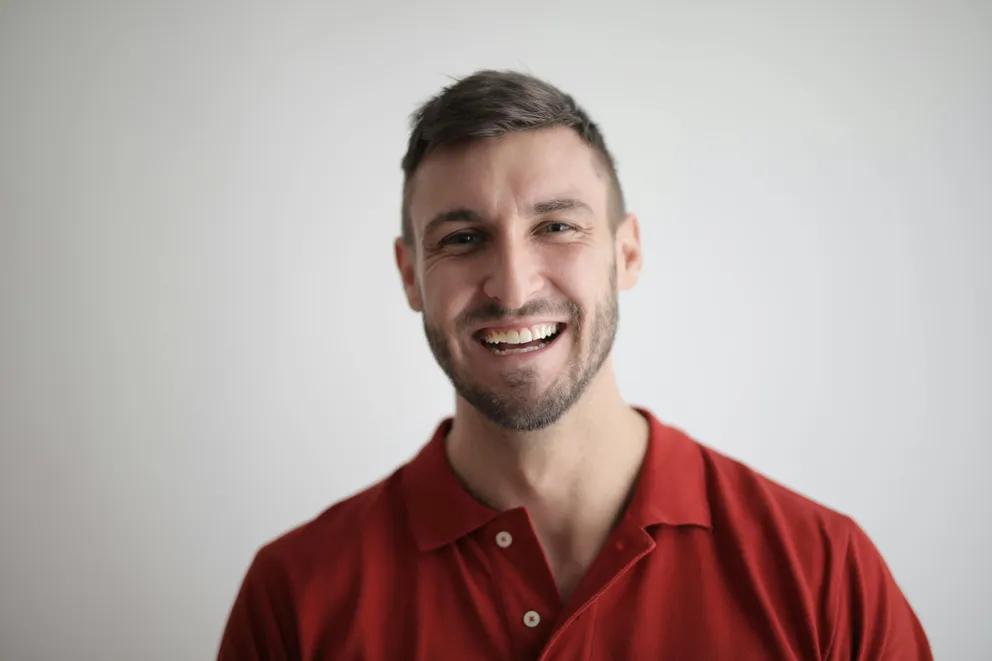
He’d laugh, scoop her up, and say, “Hey, kiddo! How’s my favorite girl?”
That night felt like any other—a relaxed evening with pizza, laughter, and conversation. Tom was running late from work, so I asked Brian to grab the food on his way over. He arrived balancing two pizza boxes in one hand and holding a small gift bag in the other.
“Look what Uncle Brian brought,” he said, handing the bag to Emily.
Inside was a small stuffed puppy, and Emily’s eyes sparkled with joy. “Thank you!” she squealed, hugging it tightly. “I love him!”
Brian chuckled, ruffling her hair. “I thought you might, kiddo.”
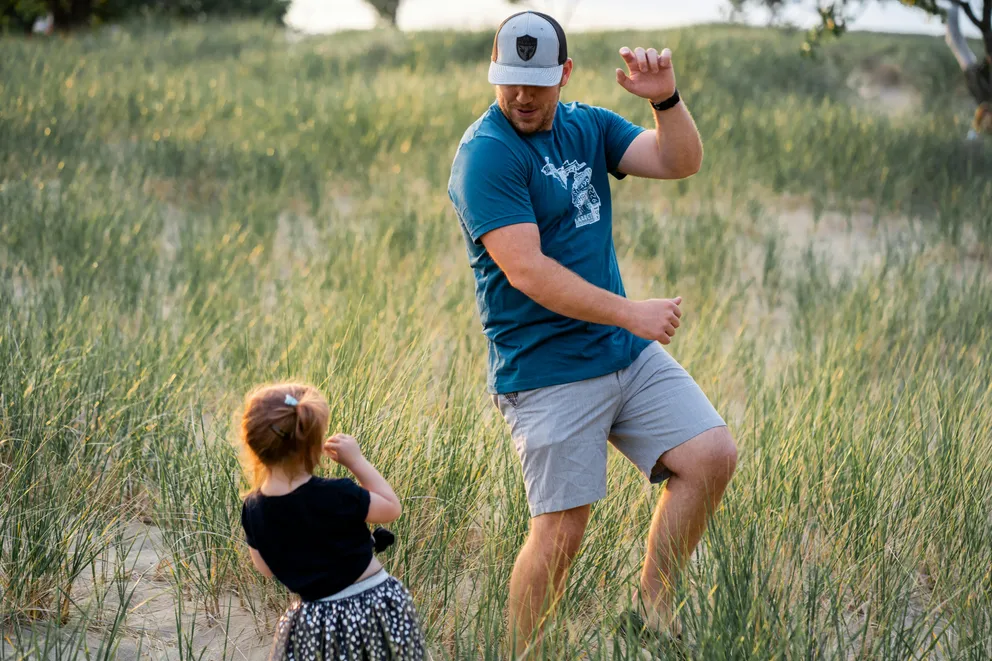
As we ate, Brian joked as usual, keeping us laughing. Emily was glued to his side, peppering him with questions.
“Why do dogs have tails?”
“To wag when they’re happy,” he replied with a grin.
“Why don’t cats have big tails like dogs?”
“Because cats are sneaky—they don’t need them as much,” he answered, making her giggle.
When dinner ended, I realized we were out of drinks. With Tom still not home, I turned to Brian. “Would you mind staying with Emily while I run to the store?”
Brian shrugged. “Of course not. Go ahead, we’ll be fine.”

“Thanks. I’ll be back in ten minutes,” I said, grabbing my keys. Leaving Emily with Brian felt natural—he was practically family, after all.
When I returned, Brian was by the door, looking tense and oddly distant. He avoided eye contact, quickly grabbing his coat.
“Everything okay?” I asked, concerned.
“Yeah, yeah,” he said hastily. “Something came up. Tell Tom I’ll catch him later.”
Then he left. His abrupt exit left me unsettled, but I brushed it off. It was Brian—he’d never given us a reason to doubt him.
But the next day, Emily went silent.
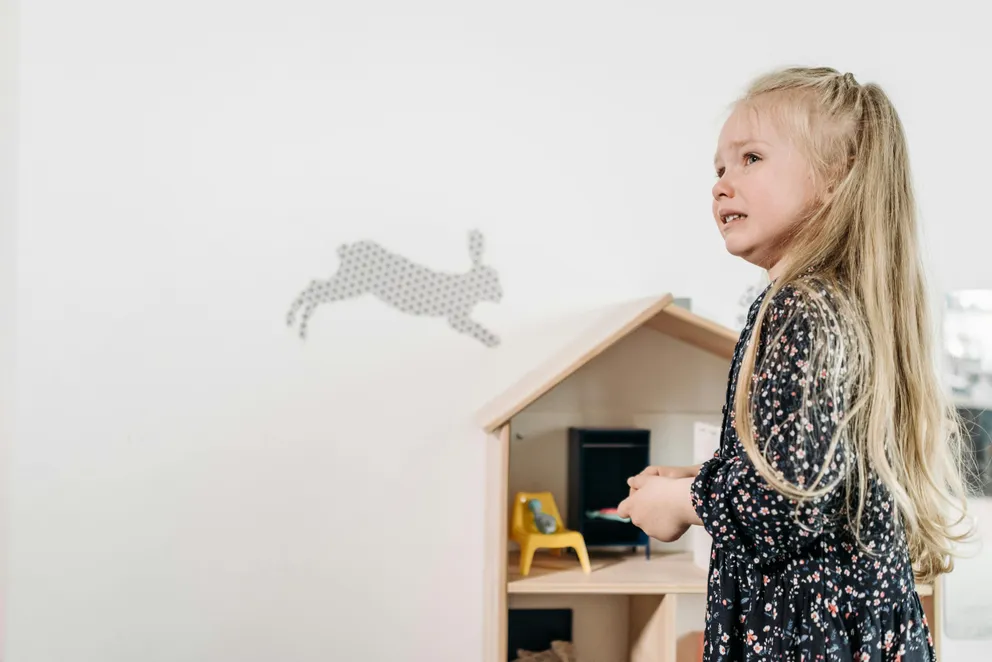
At first, I thought she was just upset about Brian leaving so suddenly. Kids have off days, after all. But when she didn’t speak during breakfast or react to her favorite waffles, my concern deepened.
“Emily, sweetheart,” I asked gently, “are you mad about something? Did something happen with Brian?”
She just looked at me, her big eyes brimming with tears, then shook her head and retreated to her room.
Tom tried talking to her too. “Em, you know you can tell Daddy anything, right?” he said softly.
Emily just nodded, clutching the stuffed puppy Brian had given her as though it were her lifeline.
Days passed, and her silence persisted. She wouldn’t go to the park or play with her toys. Her once-bubbly chatter was reduced to single words—“yes,” “no,” “fine.” My heart ached watching her withdraw.
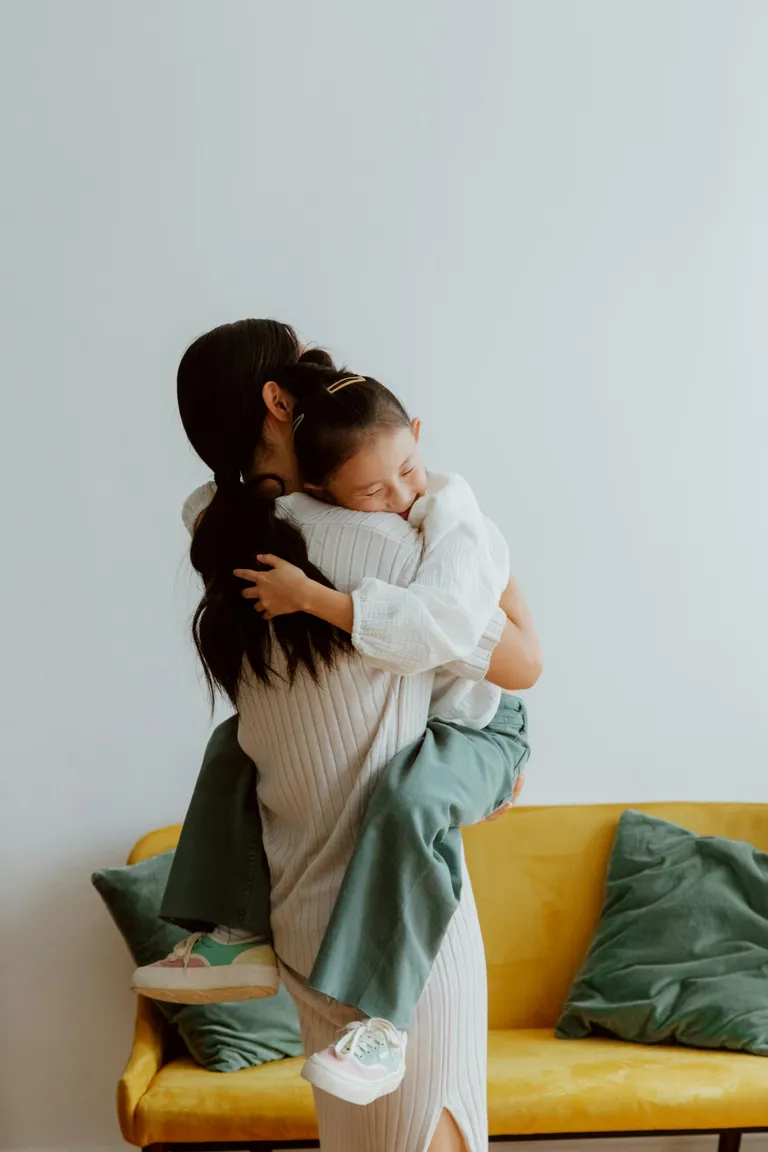
We took her to the pediatrician, who found nothing physically wrong. Then we tried therapy, but even the therapist couldn’t uncover the cause of her retreat.
Weeks turned into months, and Emily remained locked in her silence. Our home felt heavy with unspoken grief.
Then one morning, as I buckled Emily into her car seat for school, she finally spoke.
“Will you leave me there forever?” she whispered.
The words hit me like a blow. “What? Emily, why would you say that?”
Her lip trembled. “Brian said… he said I’m not really yours. He said you’re going to leave me like my real parents did.”
I froze, my heart breaking. Tom and I had planned to tell Emily she was adopted, but in a way she could understand when she was older.

“Emily, listen to me,” I said firmly, holding back tears. “You are ours. We love you more than anything. Brian was wrong to say that. We would never leave you. Ever.”
Her wide eyes searched mine before she nodded slowly. That night, I told Tom everything. He was furious, but our focus was on helping Emily heal.
Brian stopped answering our calls and texts. It was as though he’d disappeared. Months later, out of the blue, I got a message: Can we meet? I need to explain.
Against Tom’s wishes, I agreed. I needed answers.
When I saw Brian, he looked worn down, like a shadow of himself. “I’m sorry,” he said as we sat down. “I never meant to hurt her—or you.”
“Then why, Brian?” I asked, anger and pain filling my voice. “Why would you say that to her?”

He took a shaky breath. “I found out I was adopted that day,” he confessed. “My parents never told me. I felt like my whole life was a lie. I wasn’t thinking. I… I guess I thought she should know the truth before it’s too late.”
“You thought it was your place to tell her? She’s seven, Brian!” I snapped. “That was our decision to make—not yours.”
He looked broken. “I know. I’ve been punishing myself every day. I don’t expect forgiveness. I just… I needed you to know I’m sorry.”
I left feeling hollow. Brian wasn’t evil—he was lost in his own pain. But his actions had left scars on my daughter’s heart.
Brian hasn’t reached out since. Emily is slowly finding her voice again, but a part of her still hesitates, still questions. Trust, once broken, takes time to rebuild—and some wounds may never fully heal.
